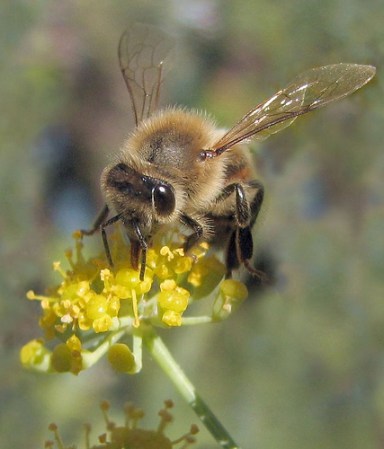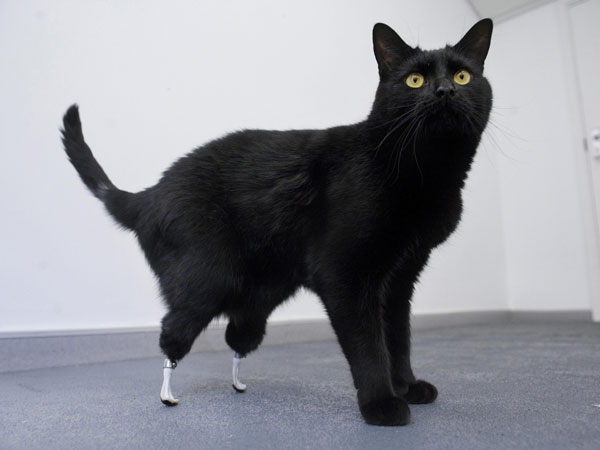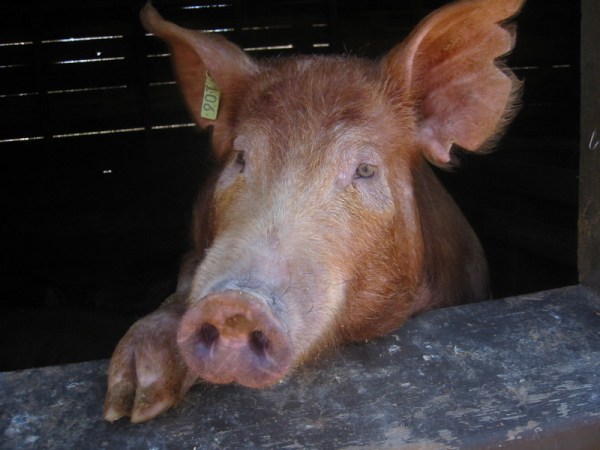

Farms have always provided a steady supply of milk, cheese and meat. Now add medicine to the list. Last year, the Food and Drug Administration approved the first medication produced in genetically modified livestock—ATryn, an anticoagulant grown in goats—and now several drug companies have launched their own animal-made medications. The drugs work as well as the ones synthesized in labs; only the process of making them is different. Scientists insert a human gene for a medically useful protein into an animal embryo’s DNA and place the embryo in a surrogate mother. Once the animal matures, a technician can extract the protein from its milk in greater quantities than can be produced in a lab.
Raising a goat is far easier than standard methods of creating protein-based medicines, such as growing batches of altered cells or pulling proteins from donated human blood. It’s also cost-effective. William Heiden, the CEO of GTC Biotherapeutics, the makers of ATryn, says that running a farm instead of building a dedicated production line saves his company hundreds of millions of dollars. And scaling up production is as easy as letting the animals mate. Some scientists warn that transgenic animals could introduce modified DNA into other herds, but these livestock could also drastically cut the prices of lifesaving drugs. Here, a look into a “pharmer’s” medicine cabinet.



















